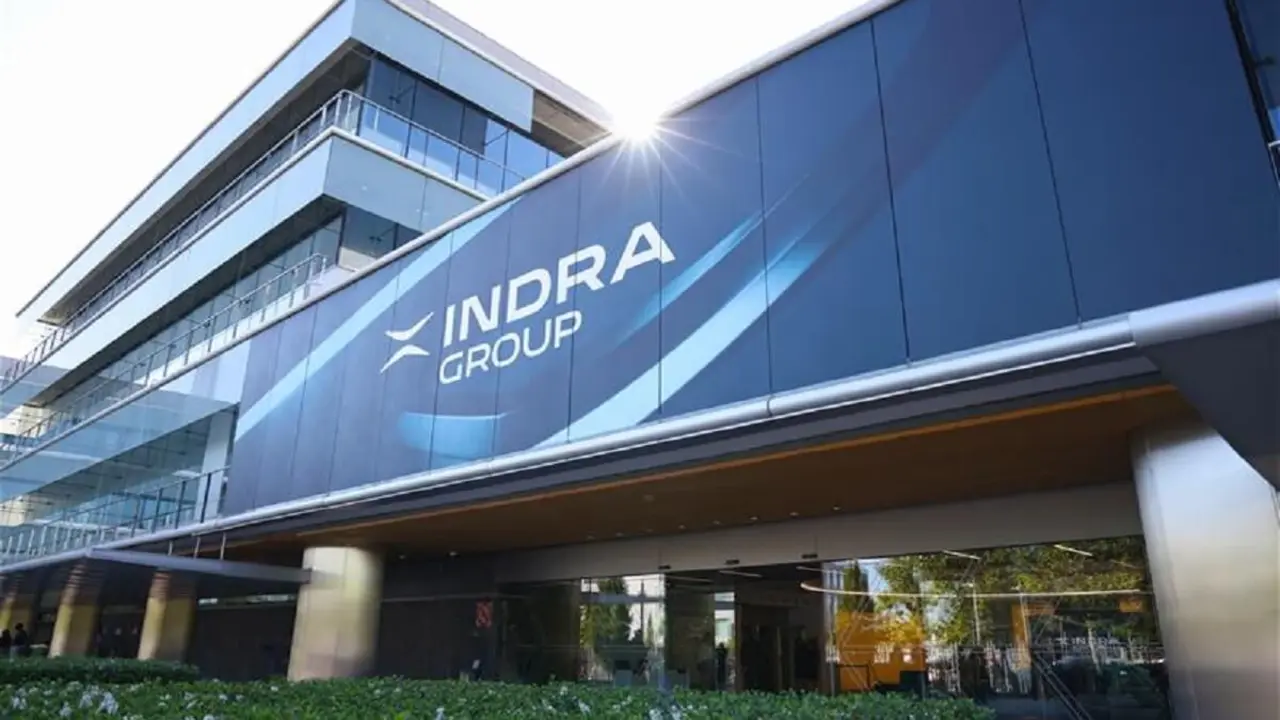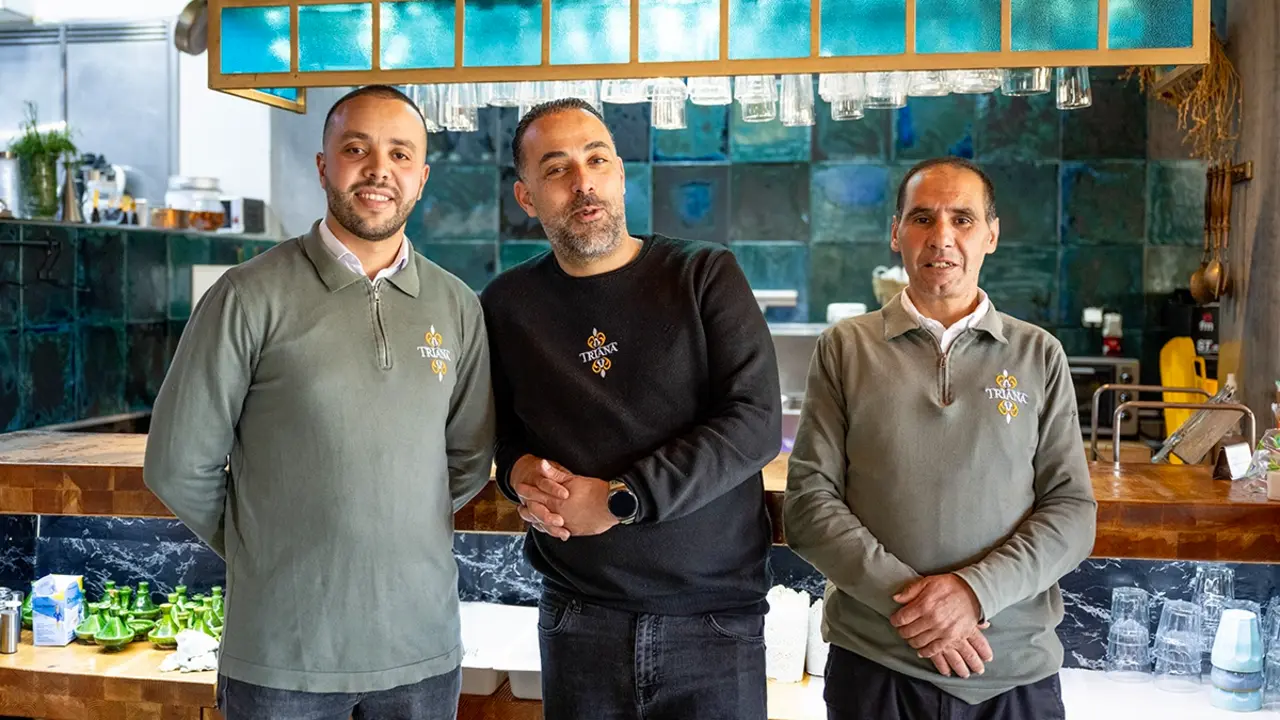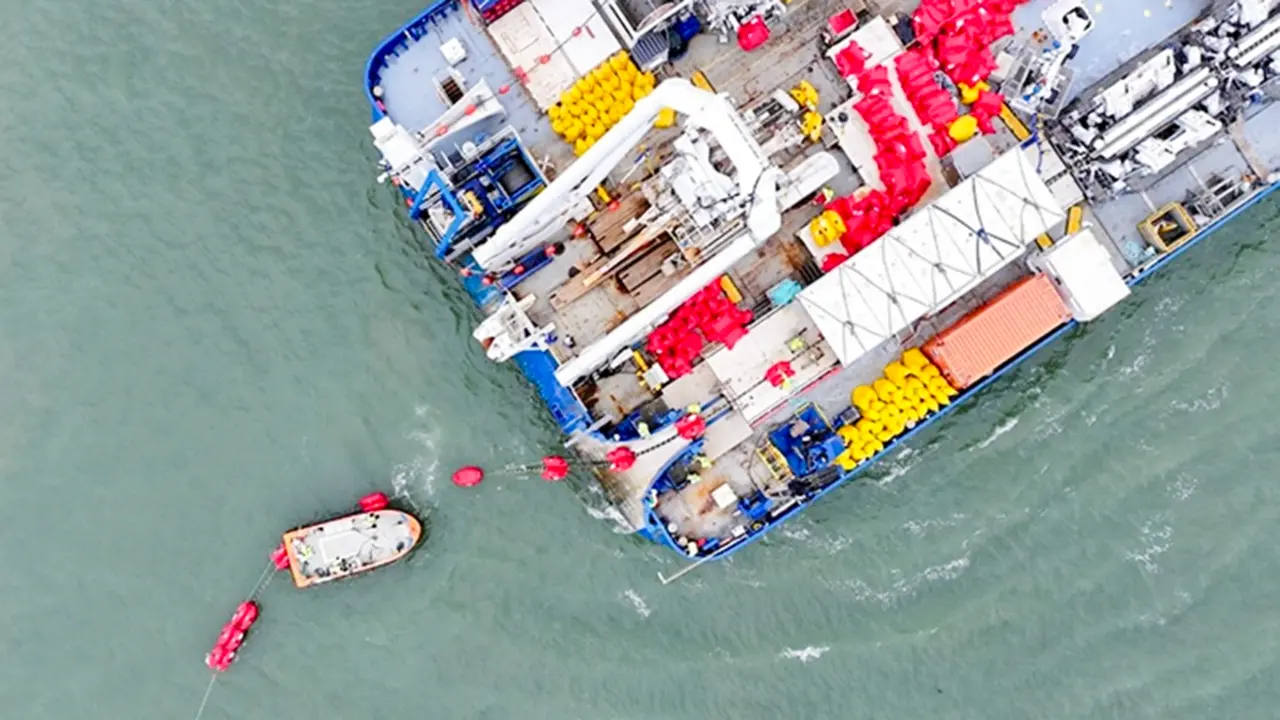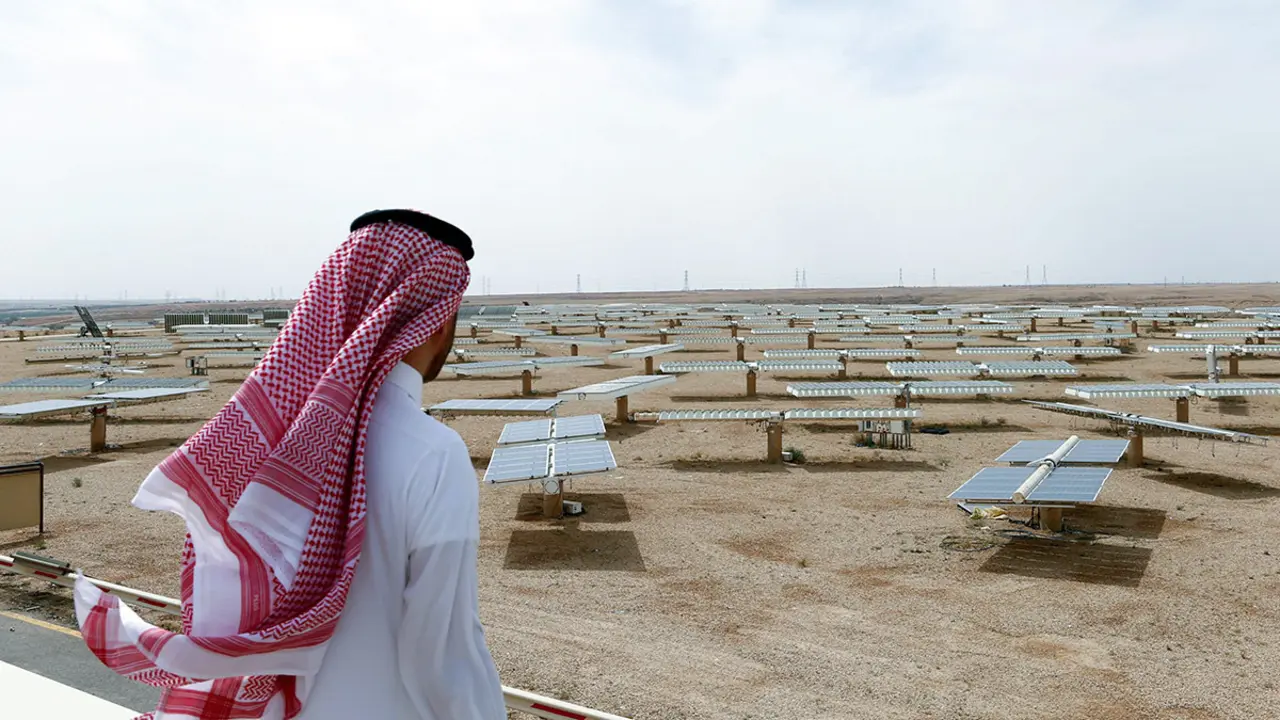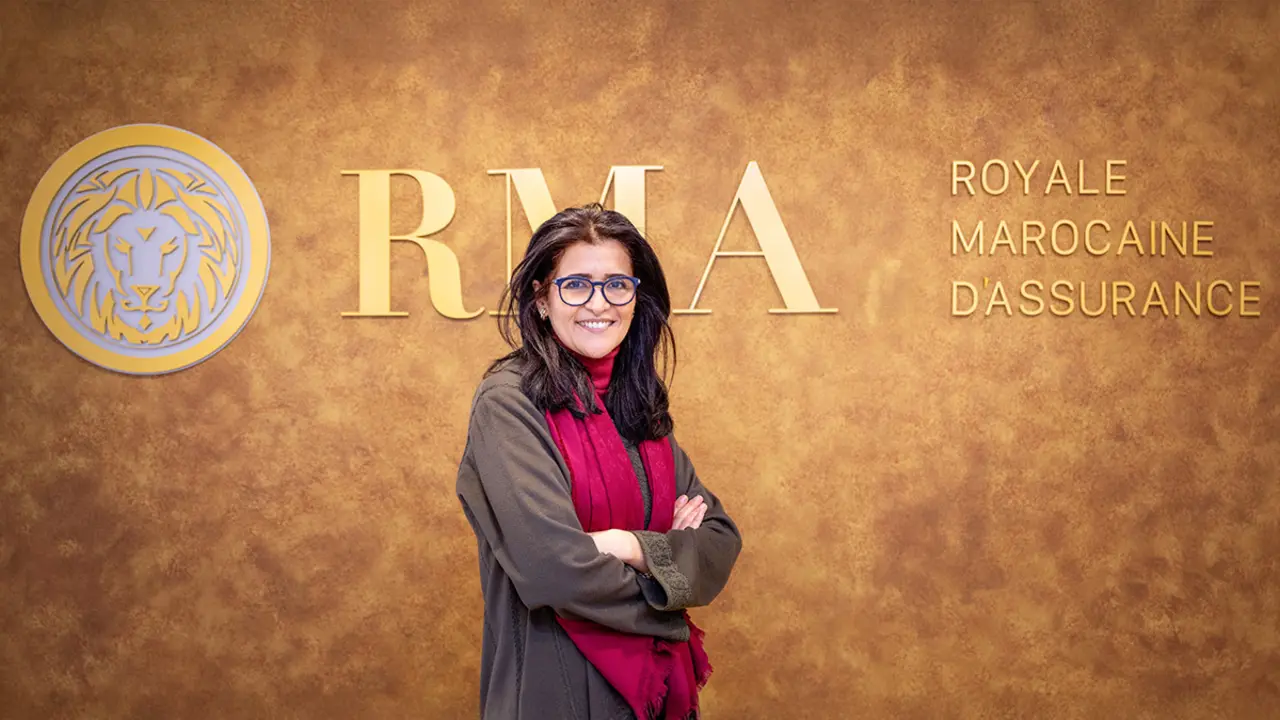Barclays accused of financial fraud because of its financial links with Qatar during the 2008 crisis
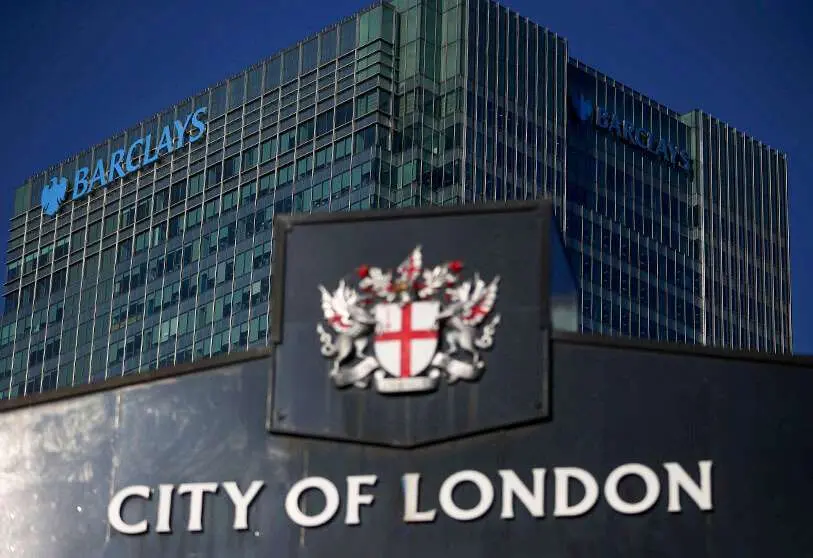
The private capital firm of the British businesswoman Amanda Staveley (PCP) has demanded Barclays for "deliberately" misrepresenting the terms of its emergency capital raising from Qatar during the 2008 financial crisis, the British Financial Times has reported.
Thus, at the start of a high-profile trial this week, the company told the London High Court that Barclays Bank "deliberately misled" the market over the terms of Qatar's emergency capital increase at the height of the 2008 financial crisis and "hid" a $3 billion loan from Doha. In response, the London-based financial services company has dismissed these arguments saying they are "distorted and exaggerated".
The Supreme Court is once again focusing on the agreements between the bank and Qatar, just four months after three senior executives of the company were acquitted in a case related to the advisory services agreements (ASA) with Qatar in 2008, according to information provided by Reuters.

Amanda Staveley's company claims that Qatar had received an additional £346 million in fees, including £280 million in alleged advisory services, and a $3 billion loan from Barclays that almost matched the amount the Gulf state was investing. This company also believes that, if it had been aware of the Doha agreement, it would have negotiated extra fees or revised the terms. PCP, which invested nearly £3.25 billion in Barclays in 2008, received £30 million in April 2009 for its work on the transaction.
Staveley's defence claims that the bank was hiding the fact that it was offering "worse terms" to his company than those offered to Barclays' largest investor, the state of Qatar. PCP's lawyer has assured the court that "Barclays deliberately misled not only PCP but also its own shareholders and the market in this regard". In addition, he has insisted that "the urgent need" for new capital by Barclays in October 2008 meant that Qatar could "exploit the weak negotiating position of Barclays" and demand "exorbitant fees".
The case dates back to 2008, when the financial crisis hitting the international scene paved the way for the suspicious financing of certain banks in the country, in order to avoid a government rescue, the daily Al Ain explained. During this process, according to the newspaper, Barclays Bank obtained investments from the Qatar Sovereign Fund and other foreign investors, worth 11.2 billion pounds, in exchange for fees and alleged consulting services.
Three years ago, Barclays and four former senior bank officials were charged by the UK's Anti-Fraud Office (SFO) for " conspiracy to commit fraud" in connection with Qatar's capital injection between June and October 2008.


